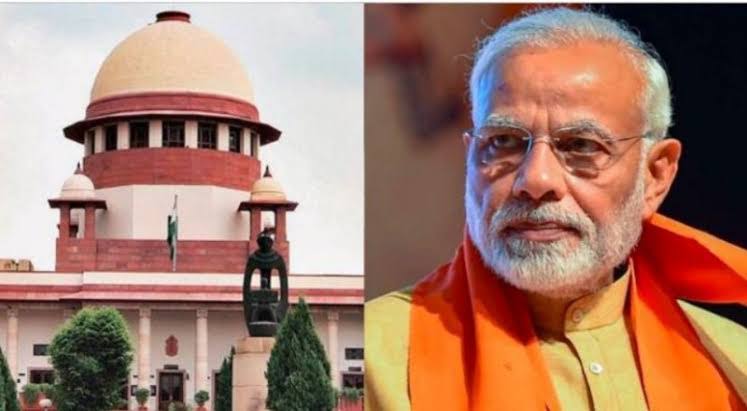In the ongoing legal battle over India’s electoral bonds scheme, Attorney General R Venkataramani has vehemently defended the scheme and refuted the notion that citizens possess the right to access information about the funding of political parties. The crux of his argument rests on Article 19(1)(a) of the Constitution, which guarantees freedom of speech and expression but, according to him, does not confer a general right to access all information without reasonable restrictions. Venkataramani emphasized that the right to information should have specific ends or purposes.
He further countered the petitioners’ argument that the right to know about political party funding is implied in judgments allowing citizens to know the criminal backgrounds of electoral candidates. Venkataramani asserted that such judgments were primarily meant to help voters make informed choices during elections, and they do not extend to the right to information on political party funding.
The case centers around challenges to amendments introduced in 2017 through the Finance Act, which facilitated the use of electoral bonds for anonymous political donations. The scheme was introduced as an alternative to cash contributions to political parties. Under this scheme, electoral bonds can be purchased by any Indian citizen or entity incorporated in India. Critics argue that this anonymity creates a non-transparent and secretive system of funding for political parties, potentially involving significant corporate interests.
Opposition leaders and political figures have expressed strong criticism of the AG’s arguments. Congress leader P Chidambaram criticized the BJP’s intention to raise funds from major corporations in a non-transparent manner and suggested that transparent crowd-funding from small donors through digital transactions would be a preferable alternative. Shiv Sena MP Priyanka Chaturvedi stressed the importance of citizens’ democratic and moral right to know how political parties are funded, while emphasizing the government’s responsibility to ensure transparency and accountability in the electoral process.
The Association for Democratic Reforms (ADR), an NGO, initially filed the case in 2017, raising concerns about alleged corruption and undermining of democracy due to illicit and foreign funding of political parties. However, the Supreme Court has previously declined to stay the electoral bond scheme, indicating a complex legal battle surrounding this issue.
The case challenging India’s electoral bonds scheme has become a contentious issue, with the AG defending the scheme’s anonymity and denying citizens’ rights to comprehensive information. Critics argue for transparency and accountability in political party funding, particularly due to concerns about undue corporate influence. The forthcoming Supreme Court hearing is pivotal in determining the future of political financing in India.
In a separate but related development, Attorney General Venkataramani argued that the electoral bonds scheme does not infringe upon existing rights and is not repugnant to the Constitution. He stressed that judicial review should focus on the constitutionality of laws rather than suggesting alternative state policies. A Constitution Bench of the Supreme Court is set to begin hearings on the matter, with Chief Justice DY Chandrachud and other justices presiding. The outcome of this case holds significant implications for India’s political financing landscape and the delicate balance between transparency and anonymity in political contributions.

